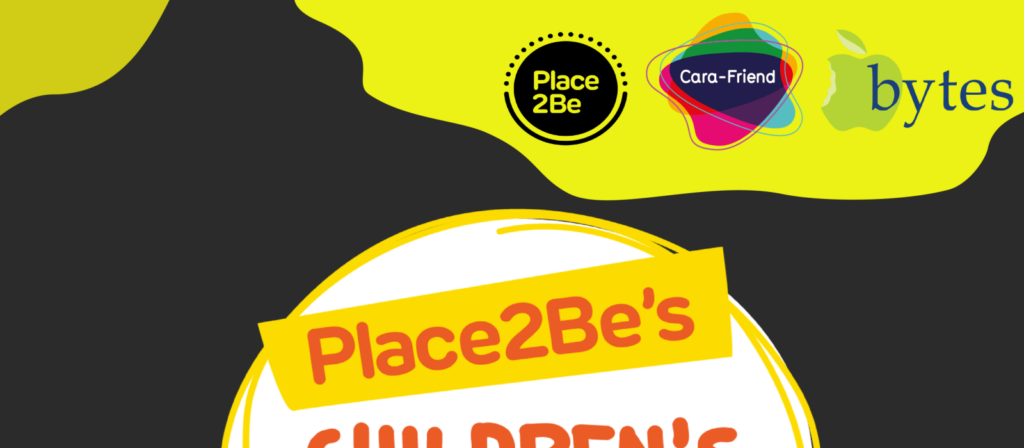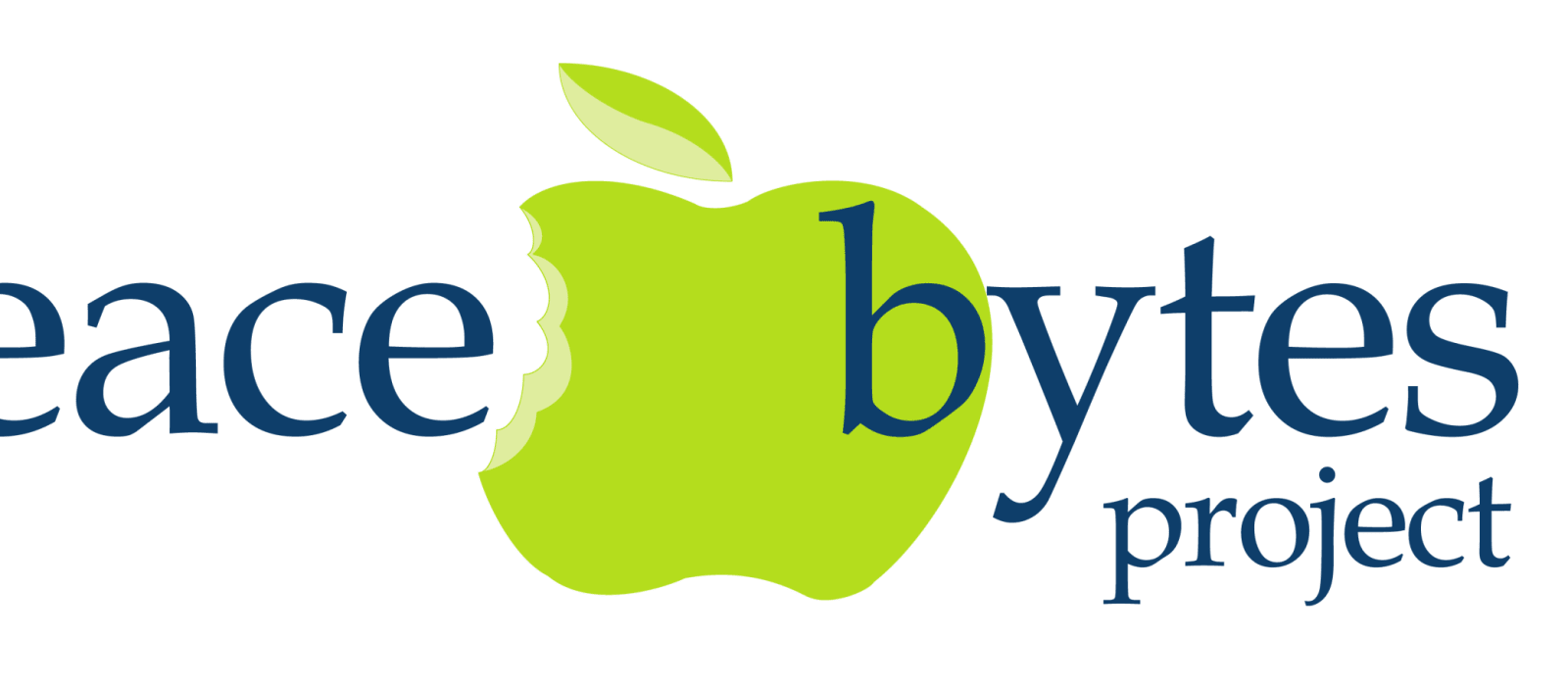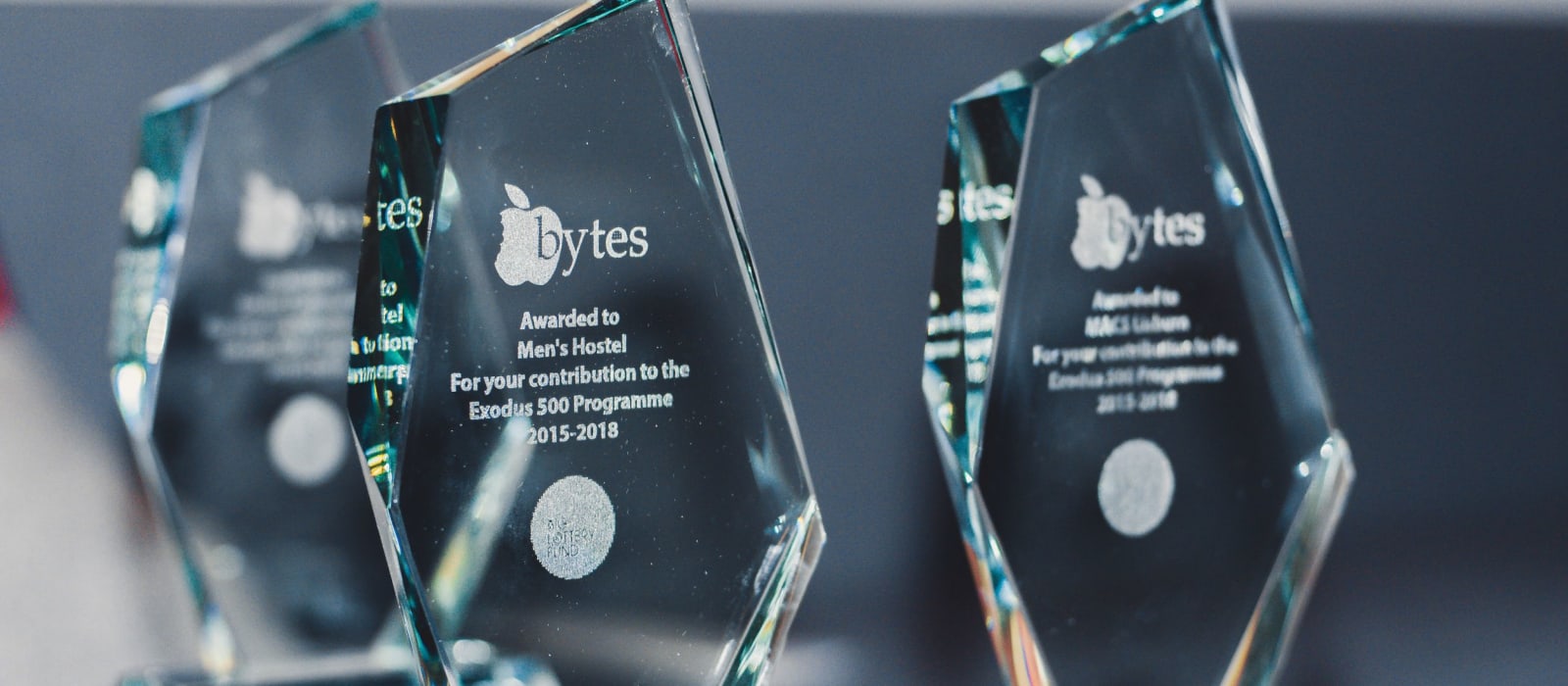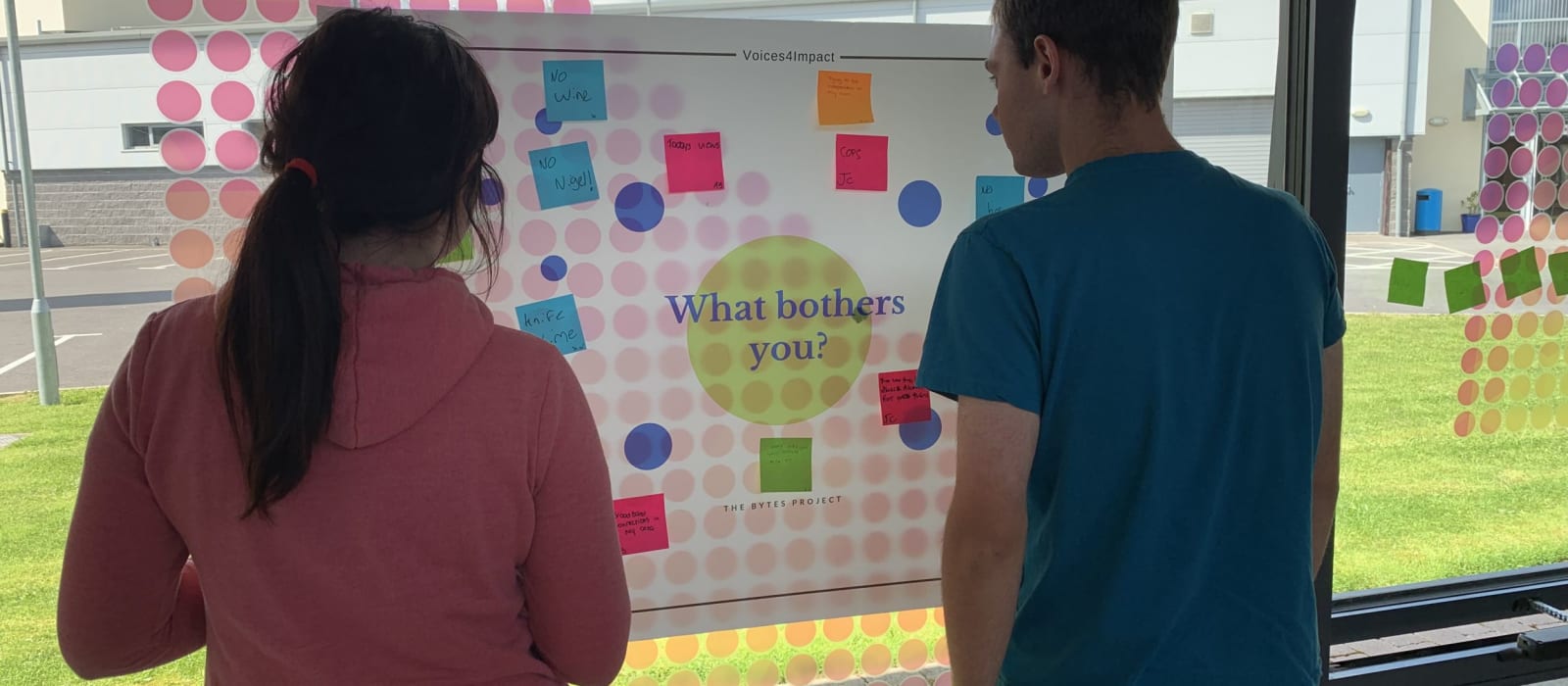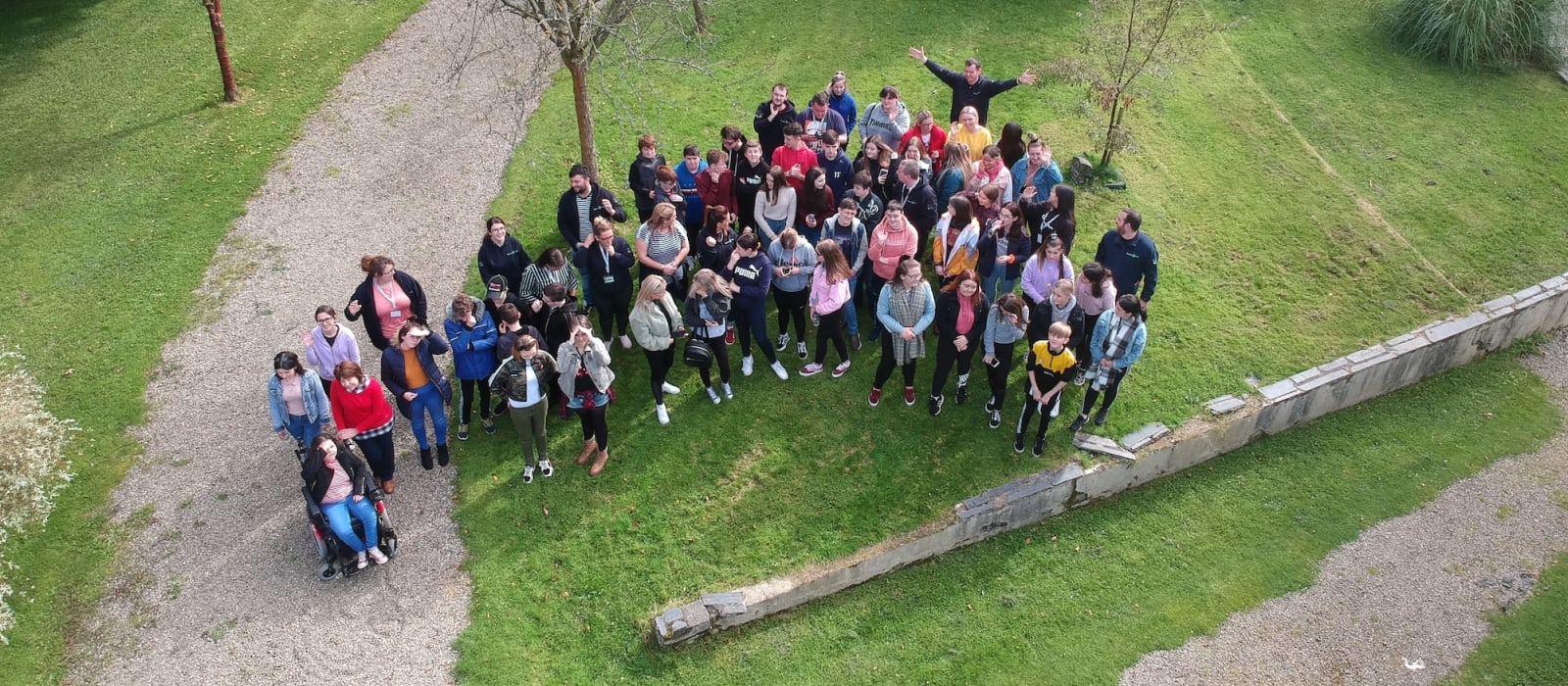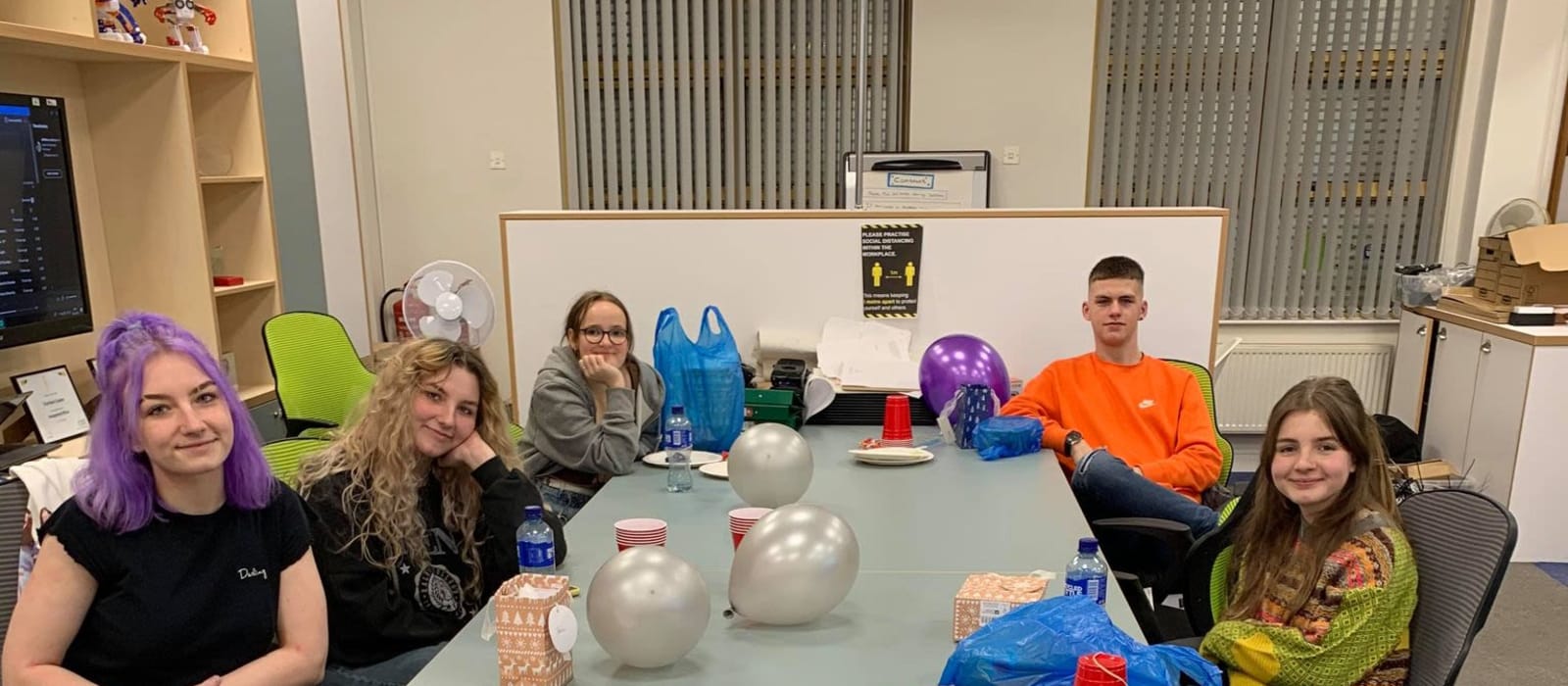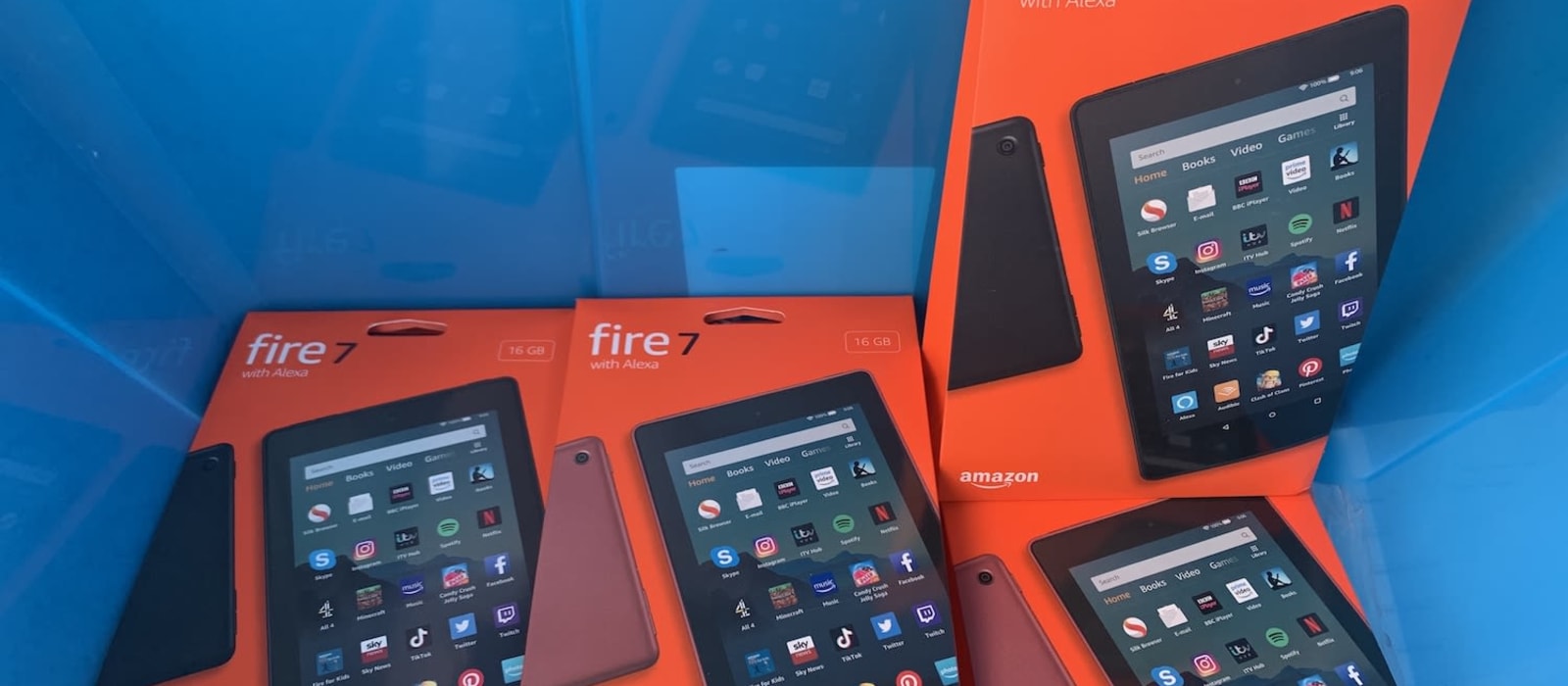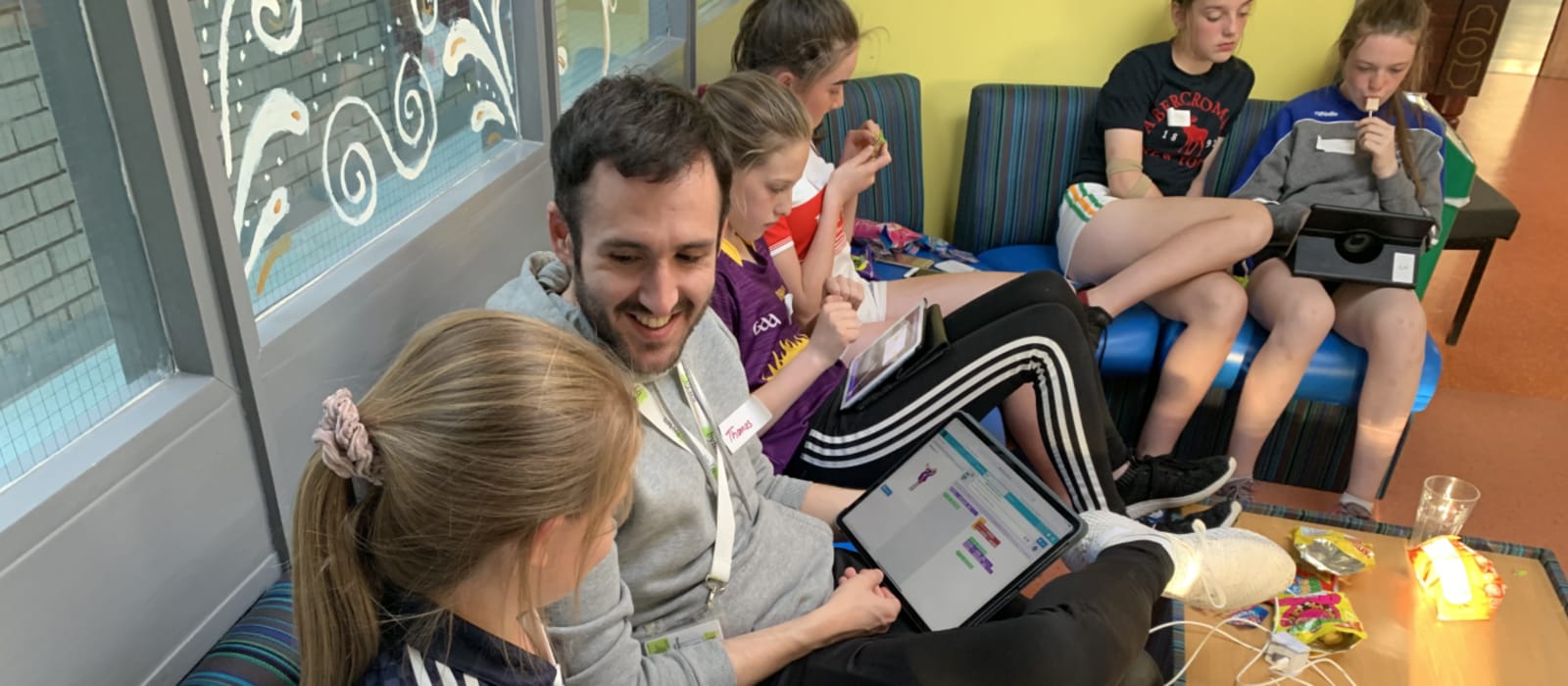Patrick Thompson
For the last week, as part of Children’s Mental Health Week and to coincide with the start of LGBT+ History Month, Bytes has been sharing and amplifying the voices of LGBT+ young people who have worked with us as part of the Positive Sparks programme.
The Positive Sparks listening platform exists to give young people an outlet to express themselves on whatever issues they feel are important. It has been developed by Bytes and partners over the last few years and allows us to compare the experiences of young people from different backgrounds across Northern Ireland and, eventually it is hoped, the wider world. Funding for this specific partnership with Cara-Friend was provided by Comic Relief, and although the COVID-19 pandemic delayed the start of work and forced us to rethink how we delivered the programme, we were committed to continuing to seek out the voices of LGBT+ young people.
Since 1974, Cara-Friend has been serving and supporting the LGBTQ+ community here in Northern Ireland, with regional youth groups, one-to-one mentoring and work on inclusivity in schools. Cara-Friend also advocates on behalf of LGBTQ+ people on policy issues and provides training on inclusion for organisations, among other services.
During our work as part of this project, we engaged with 43 young people from across Northern Ireland who were all current or former members of Cara-Friend youth groups. Participants were asked a range of questions via the Positive Sparks platform – during online sessions facilitated by Bytes Project and Cara-Friend staff – centred around what ‘bothered them’ and what issues were of particular importance to them in daily life.
Two main themes were almost universally voiced by participants, namely the lack of acceptance of LGBT+ identities in Northern Irish society and the mental health struggles of young people, exacerbated during the last twelve months of the COVID-19 pandemic.
Both of these issues are ones that we frequently encounter when working with young people and are problems very familiar to Cara-Friend in their work. However, the additional detail and rich data we gathered through this specific work has been invaluable to us. We hope to use it to both plan future work and to better advocate for LGBT+ young people we work with in the future. We also hope to continue to engage with as many participants from this programme as possible, as well as building on our working partnership with Cara-Friend.

